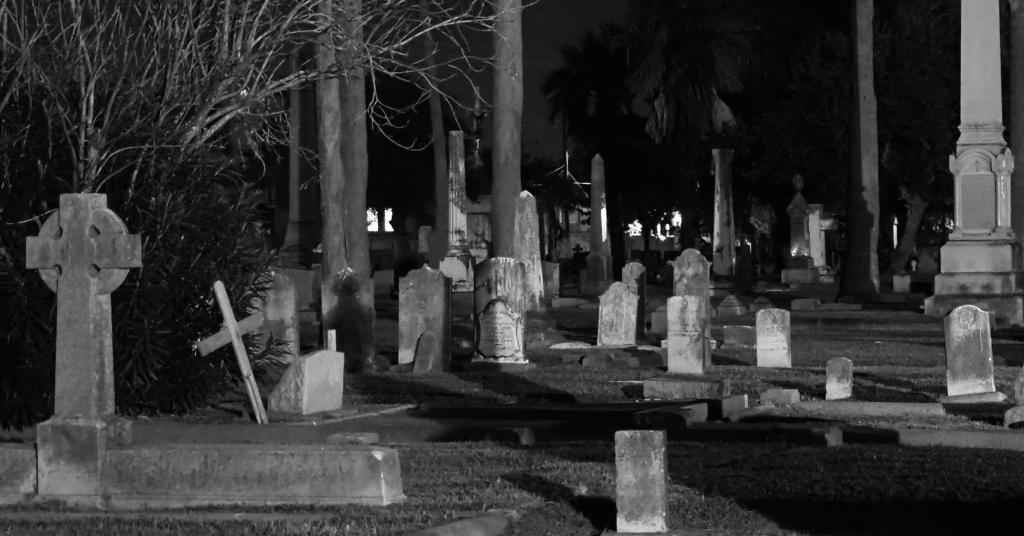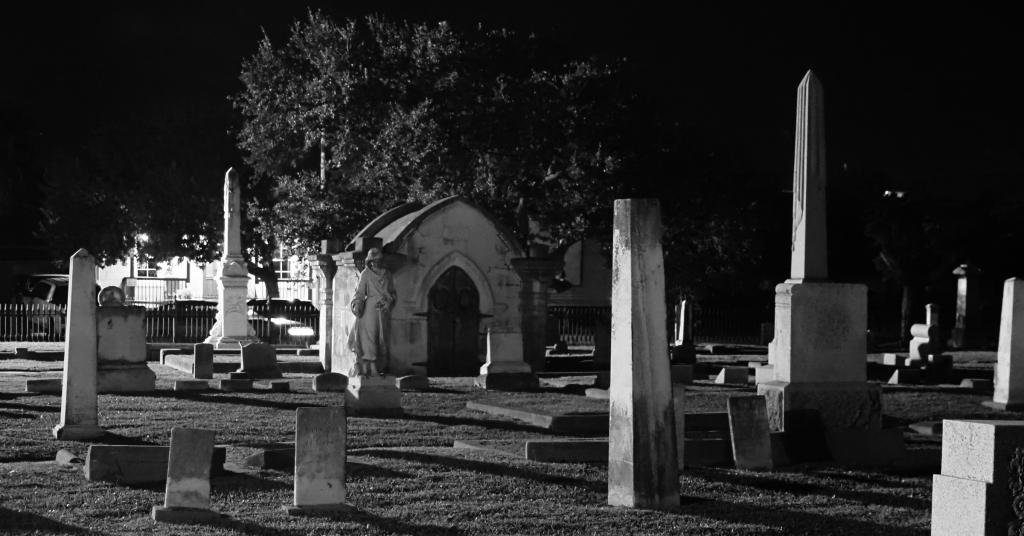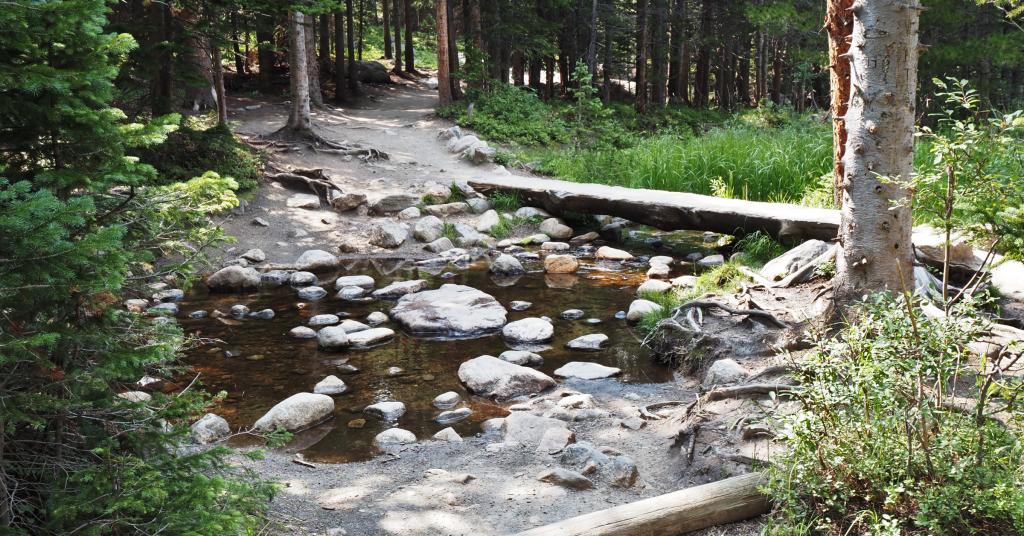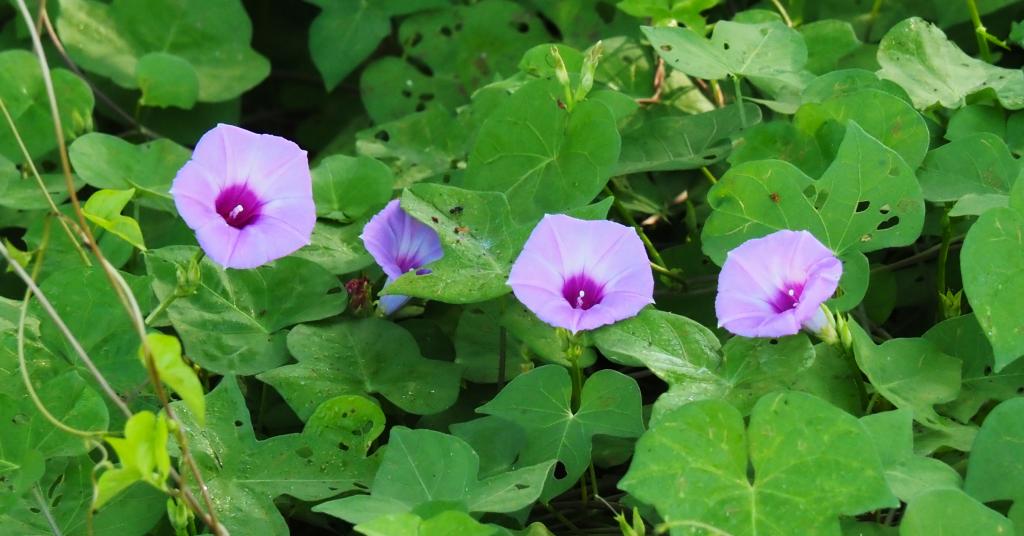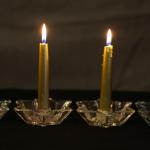As we approach Samhain, our thoughts turn to our beloved dead.
And in some cases, our not-so-beloved dead.
Ancestor veneration is an important part of most polytheist religions. It’s a very intuitive practice – so intuitive that people of all religions do it, even if they don’t consider it a religious thing.
Go into the homes of your most conservative Christian friends. You’ll see pictures of grandma and grandpa on the wall. Maybe a wedding photo, maybe a picture in a military uniform. You’ll see old watches, pens, tools – things that have a tangible connection to a long-passed relative. Your Christian friends wouldn’t call these displays shrines, but that’s what they are. They’re places of honor, even if no one ever sets a glass of wine in front of them as an offering.
As Pagans and polytheists, we take this intuitive impulse and make it a formal part of our religious practice. We don’t just remember our ancestors – although we certainly do that – we form and maintain relationships with them. Death does not sever our connections, it merely transforms them.
I wrote on ancestor work earlier this year and I’ll let that post stand on its own as a general introduction to the practice. In this post, I want to address a question that comes up rather frequently: do we have to honor all our ancestors?
What do we do with ancestors who were toxic, abusive, or otherwise bad people?
You owe abusive ancestors nothing
I see Christians and New Agers who say “you must forgive everyone for everything.” No. This is victim blaming and toxic positivity. You forgive people when they repent, and when you’re ready to forgive them. Only you can decide when that is.
Can the dead repent? I think they can, but they rarely do. Death doesn’t change the core of who someone was – who they still are.
I see polytheists who argue we have an obligation to honor all our ancestors no matter what they did. I don’t agree. We give honor to those who are worthy of honor. If someone was abusive in life, they are unworthy of honor in life or in death.
If your mother beat you, if your grandfather sexually molested you, or if your great-great-grandfather owned slaves, you owe them nothing. If they did other things that do not rise to that level but still caused you trauma you’re working through, you owe them nothing.
Take care of yourself first. If honoring a problematic ancestor causes you stress and suffering, don’t do it.
Find other ancestors who you can build a relationship with. Go back as many generations as you have to. If you don’t have names, use titles. Find someone – ideally, several someones – you can honor and work with.
Honoring your ancestors is a good thing and a key element of religious practice.
But you owe abusive ancestors absolutely nothing.
Beware “he was a product of his time”
There is a tendency for “selective amnesia” around the dead. In February I wrote Must We Speak No Ill of the Dead? in the aftermath of the death of Rush Limbaugh. Certainly, when loved ones are grieving is no time to list all the bad things someone did.
But once the funeral is over and the mourning period has passed, our obligation to the truth outweighs any obligation to the legacy of the deceased. This is particularly true of the long-dead, where misdeeds and evil deeds are often excused with “those were different times.”
Much of the impulse behind excusing toxic behaviors in previous eras is less about how things were then and more about how we like to see ourselves as more enlightened, more ethical, and more just. Society as a whole has improved over recent generations, but people always knew that sexual abuse was wrong. People always knew that slavery was wrong (and the fact that the Bible condones slavery tells you all you need to know about the moral authority of the Bible, but that’s another rant for another time).
Cut your ancestors some slack for making hard choices, because their options were often between “bad” and “worse.” But don’t excuse them for doing things that are wrong in any era.
But also beware labeling everyone “good” or “bad”
As a Pagan, I completely reject the Christian concept of original sin and the idea that “salvation” is therefore necessary. At the same time, there’s a certain common sense wisdom in the idea that “well, we’re all sinners.”
All of us are imperfect. We’re complicated. We’re messy. We mostly live in an ethical fashion but occasionally we don’t, and sometimes those unethical deeds have significant consequences, for ourselves and for others. If we are virtuous, we do our best to make it right.
Our ancestors were the same. None of us are perfect – but perfection is not required.
If someone did something terrible in life, ignore them in death – especially if they harmed you personally. But resist the urge to label everyone either “good” or “bad.” They were more complicated than that.
They were human.
And so are you.
You can honor the good and ignore the bad
For many ancestors, this is the best approach. We honor them for the good they did, even if that was only staying alive long enough continue the line that made it possible for you to be born. Remember them for their determination and persistence. Honor them for building something that gave you a foundation for your life.
The things they did that weren’t so good? Work to heal from them, to remove them from your life, and to remove them from the wider world. Break the cycle of abuse.
You have far more ancestors than you may realize
It’s good to call the names of those ancestors whose names we know. But those whose names are lost to us are our ancestors just the same.
According to family records, I am part of the fifth generation of Becketts to be born in this country. That’s only one line, of course. I have 32 great-great-great grandparents in that generation – I know the story of one.
My ancestors are far more than the handful of names I know. And they practiced many different religions.
The last 60 generations or so were Christians. The most recent one third were Protestants – the earlier two thirds were Catholics. Perhaps 30 generations before that were Pagans, in the “indigenous European polytheist” sense of the term. Before that, there are over 7000 generations of ancestors who practiced various tribal religions. And before that, there are millions of years of early-human and pre-human ancestors.
Who are my ancestors? They’re not just those whose names I know. They’re more than just a few generations of Protestant Christians. They’re more than the few generations who practiced the kind of polytheism that inspires my own practice.
If you can’t honor some your ancestors because they were horrible people, you have many more ancestors who are worthy of your honor: individually where you know their names or titles, and collectively where you don’t.
Honor ancestors in a way they would appreciate
Along these same lines, I’ve had a few recent questions about honoring ancestors who were devout Christians (or in some cases, committed atheists) who would not appreciate being part of a Pagan ritual.
This is another case where it’s important to remember that death doesn’t change the core of who someone was, and is. Death doesn’t suddenly make people more open and accepting of ways that weren’t theirs. So you probably shouldn’t put a picture of your grandfather who was a Baptist preacher on your Pagan altar and offer him a shot of whiskey.
But again, remembering ancestors is a universal human practice. Hang their pictures on the wall, tell stories about them, cook their favorite foods. Just speaking their names can be enough.
However else the dead may live on, that which is remembered lives. There are many ways to remember.
Some day you will be an ancestor
Ancestors can be helpful spiritual allies, but honoring ancestors is more than a transactional relationship. At its core, it’s about maintaining a line going back to the dawn of time, a line that includes the dead, the living, and those who are yet to be.
And also, if reincarnation is real then at least some of us have places in several lines, or perhaps several places in the same line. That’s a topic that requires whiskey – a lot of whiskey.
Today we are among the living. Some day we will join the ancestors. What we do for our ancestors now sets an example for what our descendants will do for us in times to come.
My daily prayer to my ancestors concludes with these lines:
May I continue your lines in power and strength,
And may I live so as to be worthy of the honor of those who come after me.


